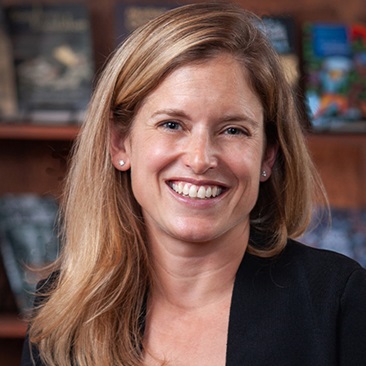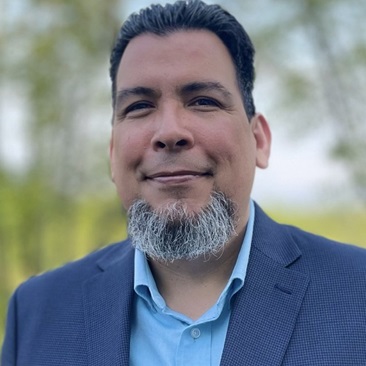Maxwell School News, Research and Media Coverage

Public Health: A Vital Addition to Maxwell
The department’s transition from Falk College fuels collaboration across disciplines, strengthens research centers, and establishes a hub for population and public health sciences.
School News

Nov 14, 2024

Oct 17, 2024

Dec 12, 2022

Dec 21, 2021
Research Publications
Maxwell School Research
Maxwell faculty and students engage in collaborative, cross-disciplinary research that achieves groundbreaking insights and analysis and provides a superior education for tomorrow’s effective leaders in their fields.
Research Briefs
Subscribe to a Maxwell newsletter.
Maxwell in the Media
Faculty Experts
The Maxwell School is home to policy-relevant expertise across the social sciences. Our faculty are available to speak with the media about a wide range of issues, both domestic and international, including education, the environment, foreign affairs, immigration, public health, social welfare, tax policy and trade, among others.
Maxwell Perspective Online
Enjoy Maxwell Perspective magazine your way, both in print and online. Either way, you can expect the same great content accessible anytime:
- News and feature stories about our accomplished and inspiring alumni community.
- Digital Class Notes, regularly updated with the latest from the Maxwell global community.
- Plus, upcoming events and ways to connect.
